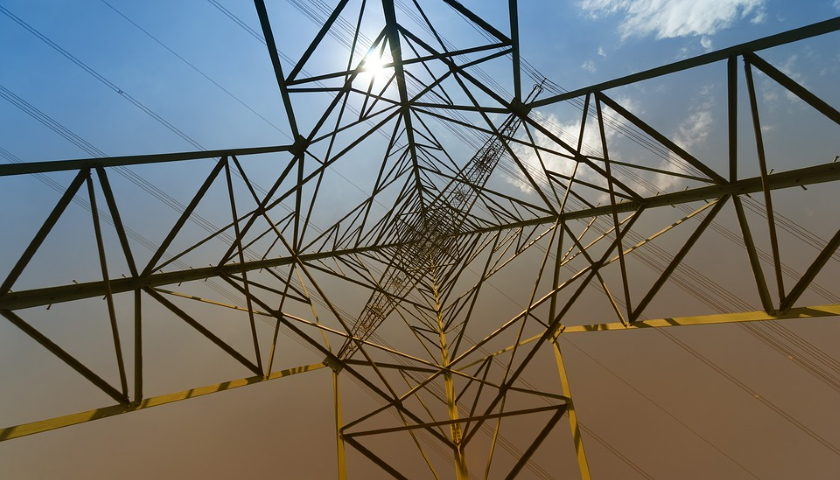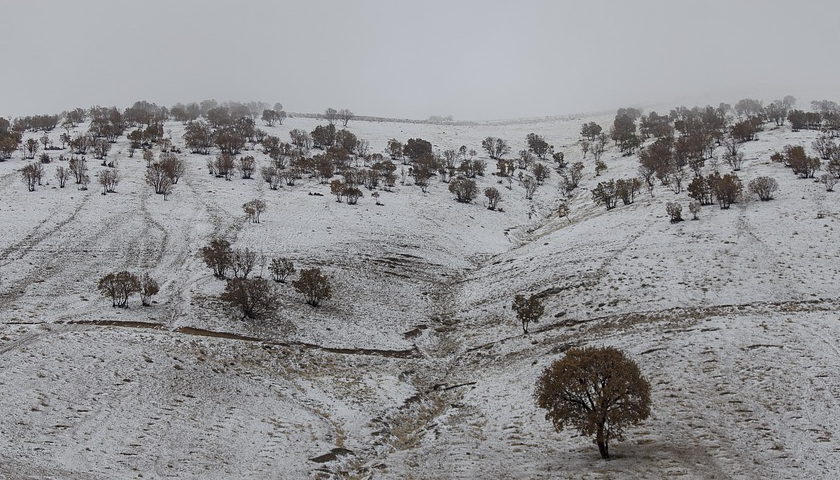Iran has banned mining for Bitcoin and other cryptocurrencies, after blackouts hit major cities. The move follows restrictions on crypto mining in China.
Iran’s power cuts are blamed on droughts, but the ban, announced on state TV, will require miners to shut down for four months. All crypto miners in Iran have to pay a license fee and a higher electricity tariff, but the majority are unlicensed, according to Bloomberg.
President Hassan Rouhani announced the ban on state TV, saying that the ban will last at least until September 22.
Iran is the sixth-largest nation for Bitcoin mining, hosting some 3.4 percent of mining activity in 2020, according to the University of Cambridge – with estimates by Elliptic Analysis putting the current percentage higher at 4.5 percent.
Miners are lured by Iran’s relatively cheap electricity, which is mostly oil-based, and allows them to operate crypto-mining systems profitably, effectively turning energy into money. The government has responded with some enthusiasm, as Bitcoin effectively allows the country to evade sanctions, according to Elliptic. Bitcoin miners increase the demand on the grid so more oil is consumed, and the Bitcoin they produce can then be exchanged for real currency, effectively “exporting” millions of barrels of oil in contravention to international sanctions.
Iran recognized Bitcoin in 2019, and established a licensing system, under which miners must that pay a higher tariff for electricity, and sell all Bitcoins they create to the Central Bank of Iran.
Now Iran has some 50 licensed miners, which consume a combined 209MW of electricity, according to a statement from the Iranian utility Tavnair released through the Tasnim news agency.
However, it is believed that around 85 percent of the country’s Bitcoin activity is unlicensed, suggesting a total of at least 1.4GW. In a cabinet meeting on Wednesday President Rouhani reportedly put that total crypto mining in the country at 2GW.
For comparison, Iran’s total generation capacity is around 80GW. Of that, the vast majority is fossil-fueled, with around ten percent from hydroelectric power. The President said that the recent power cuts were more due to droughts cutting the production of hydroelectric power than they were to a surge in Bitcoin mining.
Iran has apparently been attempting to crack down on unlicensed crypto mining, employing spies to spot the mining computers which are sometimes hidden in homes or mosques.
Since Tesla pulled out of Bitcoin, and China implemented a regional ban on the activity, due to environmental concerns, Bitcoin prices have been falling.
Negotiations to revive the 2015 nuclear deal with the US and other powers could potentially allow Iran to add nuclear power to its grid, shifting away from fossil fuels. However, with a surplus of oil that it cannot export, the temptation to simply burn it to produce Bitcoin – a currency that can get around most financial sanctions – must be quite great.
Source: datacenterdynamics.com




